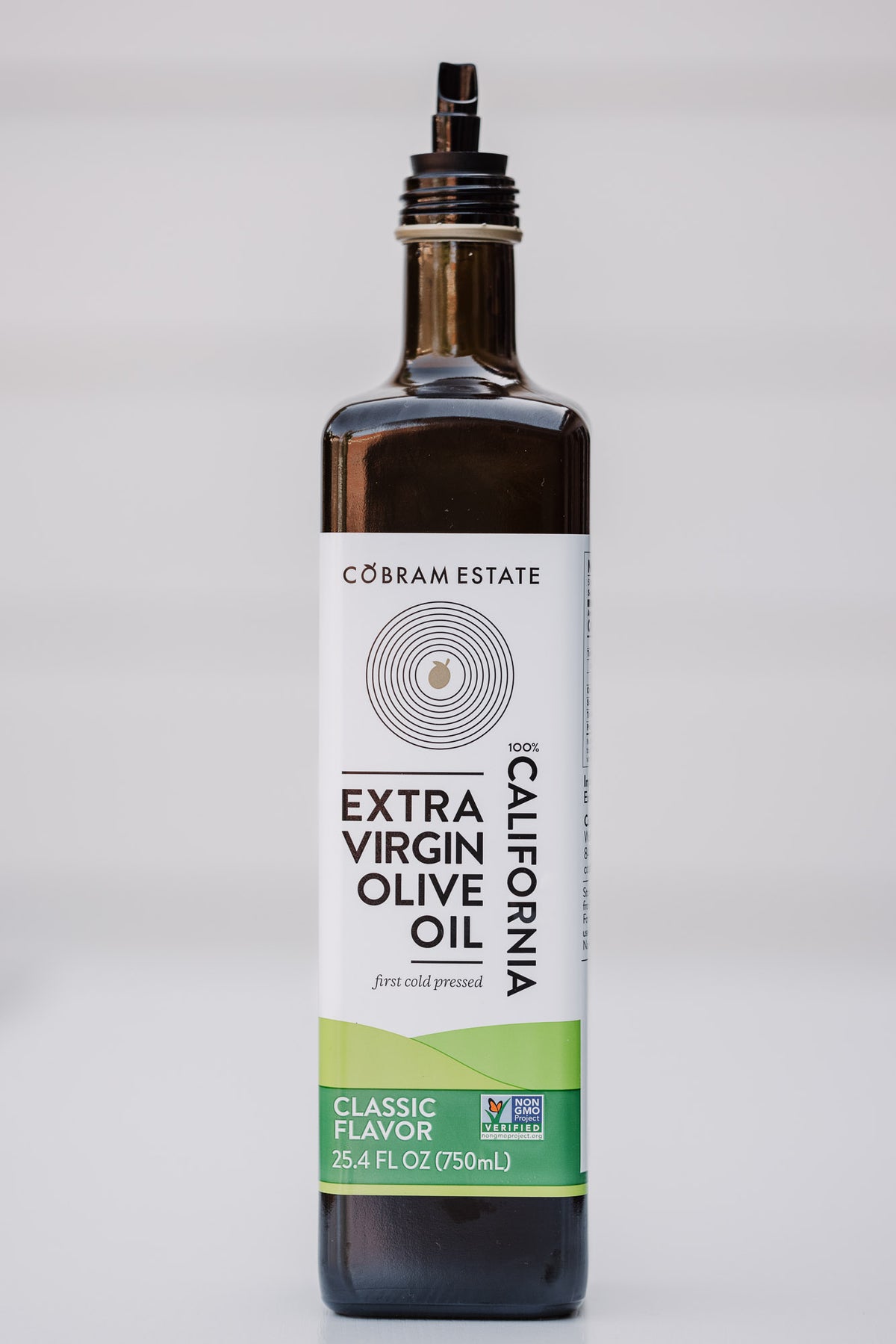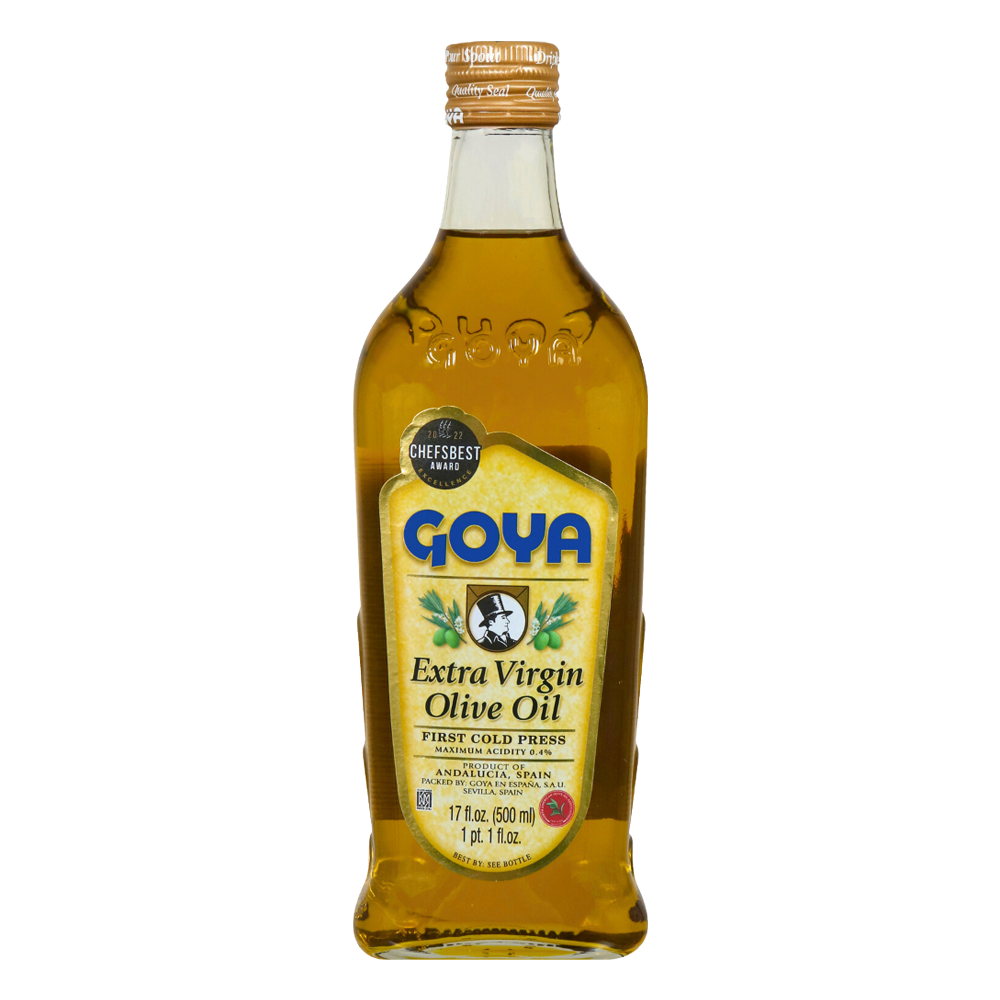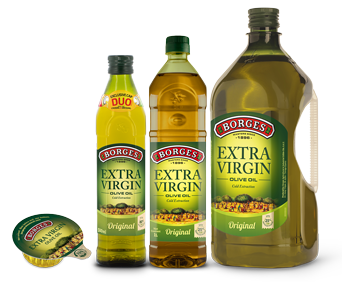Discovering the Various Kinds Of Olive Oil and Their Uses, Consisting Of Additional Virgin Olive Oil
The exploration of olive oil incorporates a diverse variety of kinds, each offering unique tastes and culinary applications. Extra virgin olive oil, renowned for its superior high quality and wellness advantages, offers as a staple in many kitchens, yet it is just one facet of this multifaceted component.
What Is Olive Oil?
Stemmed from the fruit of the olive tree, olive oil is a staple in Mediterranean cuisine and a vital ingredient in different cooking applications. This versatile oil is produced by pressing entire olives, causing a liquid that varies in scent, shade, and taste relying on the kind of olives used, the region of growing, and the extraction procedure. Olive oil is mostly made up of monounsaturated fats, specifically oleic acid, which is known for its potential wellness advantages, consisting of anti-inflammatory homes and cardio support.
In enhancement to its cooking uses, olive oil has a long history of application in conventional medicine and skincare, owing to its rich antioxidant content (extra virgin olive oil benefits). The oil is typically utilized in dressings, marinates, and for cooking techniques such as sautéing and roasting. Its unique flavor profile can enhance the preference of numerous recipes, making it a crucial active ingredient for both home chefs and expert chefs
Additionally, olive oil is celebrated for its role in the Mediterranean diet regimen, which is related to countless health and wellness benefits. As awareness of these advantages expands, olive oil proceeds to get popularity worldwide as a fundamental part of a healthy and balanced way of life.
Sorts Of Olive Oil
Recognizing the different types of olive oil is crucial for both health-conscious consumers and cooking enthusiasts. Olive oil is identified mainly based upon its extraction approach and high quality, which significantly affects its health, taste, and aroma advantages.

Light olive oil, regardless of its name, describes a lighter flavor and not lower calories. It is ideal for those looking for a much more subtle taste in sauces and dressings. Furthermore, there are flavored olive oils instilled with natural herbs, flavors, or citrus, which can enhance recipes without the requirement for additional flavoring.
Each kind of olive oil serves details cooking purposes, and understanding these distinctions allows customers to make educated choices that straighten with their cooking styles and wellness goals.
Bonus Virgin Olive Oil
Additional virgin olive oil (EVOO) is widely considered the best quality olive oil offered, well known for its abundant flavor and countless health and wellness advantages. To be categorized as added virgin, the oil should be produced from fresh olives utilizing mechanical procedures, without the use of solvents or extreme heat. This careful method protects the oil's natural flavors, anti-oxidants, and healthy fats, leading to an item with a low level of acidity level of less than 0.8%.
EVOO is bountiful in monounsaturated fats, especially oleic acid, which is connected to reduced swelling and boosted heart health. It likewise contains polyphenols, effective anti-oxidants that may provide protective impacts versus persistent diseases. The taste account of EVOO can vary considerably relying on the olive variety and area of manufacturing, varying from grassy and fruity to durable and sharp.

Culinary Utilizes of Olive Oil

In food preparation, olive oil can be utilized for sautéing, toasting, and barbecuing, offering a healthier alternative to butter or other fats. Its high smoke factor Learn More makes it ideal for numerous cooking approaches, while its anti-oxidants add to a heart-healthy diet. Drizzling olive oil over finished recipes, such as pasta, fish, or smoked vegetables, can elevate flavors and include a touch of style.
Additionally, olive oil plays a considerable function in baking, where it can change standard fats in recipes for bread and pastries, presenting wetness and a subtle taste. It additionally acts as a base for infused oils, permitting cooks to try out flavors such as garlic, natural herbs, or chili, additionally expanding its cooking capacity. In general, olive oil's versatility makes it crucial in both home and expert kitchens.
Finding High Quality Olive Oil
When selecting top quality olive oil, it's vital to consider numerous essential factors that affect the product's aroma, wellness, and flavor benefits. Choose for added virgin olive oil (EVOO), which is derived from the article source very first cool pressing of olives and has the highest possible levels of antioxidants and advantageous substances. Look for oils that are accredited by identified companies, as this frequently makes sure adherence to stringent high quality requirements.
The product packaging also plays a considerable function in maintaining the oil's integrity. Choose oils kept in dark glass containers or tins to shield versus light degradation. Focus on the harvest date; fresher oils use premium taste and nutritional value, so select products that are within 18 months of their harvest.
Furthermore, think about the beginning of the oil. High-grade olive oils often come from particular regions understood for their unique flavor profiles, such as Italian, Spanish, or Greek oils. Be conscious of the taste; a good quality olive oil should have a balance of fruity, bitter, and sharp notes, showing its splendor and intricacy. By examining these elements, you can ensure you are choosing the very best olive oil for your cooking demands.
Conclusion
In recap, the expedition of different kinds of olive oil discloses unique qualities and applications, with extra virgin olive oil standing for the peak of quality as a result of its reduced acidity and high antioxidant web content. Its adaptability in culinary usages improves flavors in dressings, sauces, and sprinkles. Understanding the various ranges of olive oil enables educated choices in food preparation techniques, promoting much healthier practices while improving the overall gastronomic experience. Quality option stays crucial for ideal benefits.
Acquired from the fruit of the olive tree, olive oil is a staple in Mediterranean cuisine and a crucial ingredient in different cooking applications.The most usual types of olive oil include improved this link olive oil, pure olive oil, and light olive oil.Extra virgin olive oil (EVOO) is commonly pertained to as the highest possible quality olive oil offered, renowned for its abundant taste and numerous wellness advantages. Choose for added virgin olive oil (EVOO), which is acquired from the very first cool pushing of olives and includes the greatest degrees of anti-oxidants and advantageous substances.In recap, the expedition of numerous kinds of olive oil reveals distinct qualities and applications, with additional virgin olive oil standing for the peak of top quality due to its reduced level of acidity and high antioxidant content.